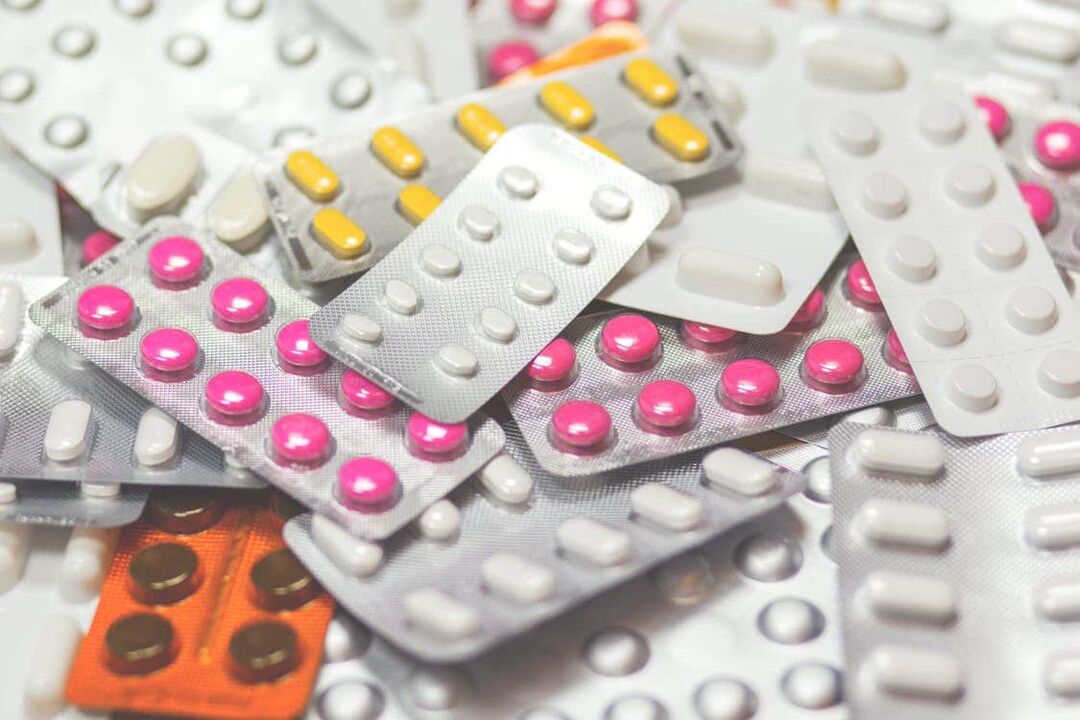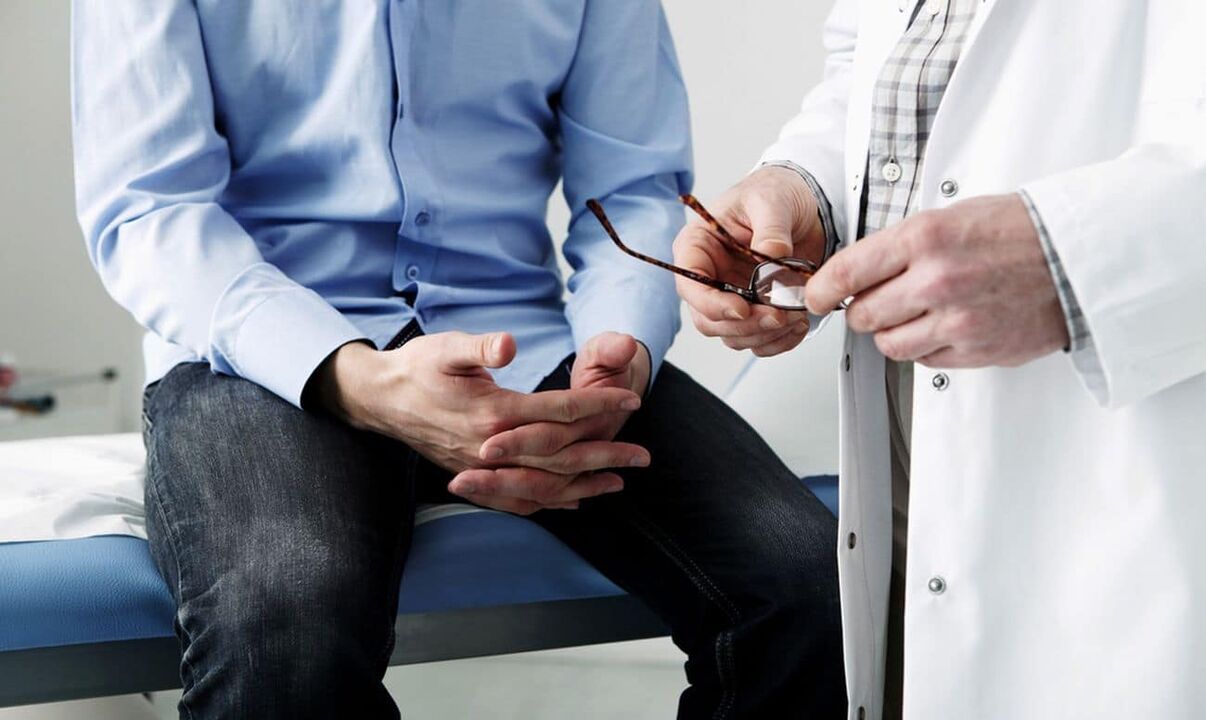Comprehensive use of modern medications for hypertension allows you to eliminate symptoms not only at the initial stage, but also at an advanced stage of development. When doctors prescribe treatment for high blood pressure to their patients, they do not limit themselves to just 1-2 medications. They prescribe several medications that complement and reinforce each other, making the therapy more effective.
Why are you taking several medications at the same time for high blood pressure?
Those who have struggled with high blood pressure know that in order to combat it, you need to regularly take a whole range of medications from different pharmaceutical groups. An individual list of medications that work well with each other is selected for each patient. The correct treatment regimen allows you to eliminate not only the symptoms of the pathological process, but also the reason why it began.
For hypertensive patients, a medication must be selected that will help reduce high blood pressure. But its effect is usually only short-lived. This medicine must be taken in the following cases:
- When blood pressure rises and stops at a value not higher than 180 mmHg. Art. To eliminate the problem and prevent the development of serious complications, you need to take a drug that will gradually lower blood pressure. It is good if this process takes about two hours. Usually in this condition there is no need to call an ambulance for a hypertensive patient;
- If a person whose blood pressure rises regularly feels unwell and their blood pressure rises to 210 mmHg. Art. You need to take a medicine that will urgently reduce the levels to normal within 30-40 minutes. At this time you need to call an ambulance. This measure cannot be dispensed with if an elderly person experiences a sharp increase in blood pressure.
Anyone who suffers from high blood pressure should definitely consult their doctor in advance about which medications should be taken in an emergency and which ones are necessary to gradually lower blood pressure.
Short-acting medications can only relieve flare-ups of the disease. Treatment of high blood pressure in men and women with modern drugs should be systematic. Only in this case can a person count on recovery and resolution of the disease over a long period of time.
If the medication prescribed by the cardiologist is consistently taken, the patient is protected from renewed increases in blood pressure. This is because most of them have a prolonged effect. This means that the patient is protected from the manifestations of hypertension for at least 24 hours after taking the pills. In some cases, such therapy can even reverse all pathological changes caused by the disease.

Different groups of drugs have different effects on the human body and diseases. Only taking several medications at the same time can achieve the best treatment success. In addition, we must not forget that many medications for high blood pressure can reinforce each other's effects.
Main groups of drugs
High blood pressure is treated with modern antihypertensive medications. Such diseases of the cardiovascular system are best combated with the help of several medications from different groups. The medications listed below are used for high blood pressure.
Beta blockers
For high blood pressure, medications that belong to the group of beta blockers are prescribed. Thanks to them, it is possible to reduce the negative effects of an excess of hormones on the heart. As a result of this action, the rhythm of the internal organ slows down and the pressure returns to normal.
Taking beta-blockers is prohibited for people with a low pulse, bronchial asthma or a blockage of the conduction system. Breastfeeding women should not take these pills.
Most often, these drugs can be found in prescriptions from cardiologists prescribed to young hypertensive patients. They are taken within 2-4 weeks. The patients then switch to combination therapy.
If blood pressure levels are elevated, it will be difficult to avoid this medicine.
A noticeable result of lowering blood pressure becomes noticeable after about 2-4 hours. These medications are only taken once a day because they have a longer effect.
After taking beta-blockers, patients sometimes experience side effects. They are limited to conditions such as indigestion, weakness in the body, bradycardia and a noticeable slowing of the pulse.

Alpha blockers
Cardiologists recommend that men take vascular drugs from the alpha-blocker group, as they additionally eliminate problems associated with the prostate. This medicine lowers blood pressure well and also improves urination.
Alpha-blockers are not prescribed to patients diagnosed with tachycardia, heart failure or a tendency to frequent nasal congestion.
After taking alpha-blockers, some patients report side effects such as dizziness and temporary impotence.

Inhibitors
High blood pressure requires taking medications that act on blood vessels and dilate them. They are inhibitors. Modern drugs in this group, presented in blood pressure tablets, should not be taken by pregnant women and small children. They can also harm the health of people with kidney problems.
It is recommended to start taking drugs in this group with a minimum dose and gradually increase it if necessary. It is very important to monitor current blood pressure throughout therapy to determine the results of inhibitor treatment.
Medications can have side effects. After taking it, allergic reactions may occur in the form of swelling, dry cough and also a sharp drop in blood pressure. To prevent the development of negative effects, it is necessary to adhere to the optimal dose of the drug.
Calcium antagonists
Drugs that belong to this group can dilate blood vessels. They prevent calcium ions from entering the blood vessels and heart. This is its difference from other similar drugs.
It is strictly forbidden to take calcium antagonists to people suffering from cardiac arrhythmias, a rare pulse or blockage of the conduction system. Contraindications include pregnancy.
Blood pressure begins to decrease within 1-2 hours after taking the drug. Its effect is observed on average within 24 hours.
Before prescribing the drug, the doctor must inform the patient about the presence of side effects such as sudden hot flashes and dizziness.
Diuretics
Patients over 50-60 years old are prescribed modern medications such as diuretics for high blood pressure. They can be included in recipes not only for older people, but also for young people with complaints of high blood pressure.
Diuretics have a diuretic effect. With their help, you can lower blood pressure by removing unnecessary fluid from the body. If the patient does not suffer from gout and diabetes mellitus, treatment of hypertension begins with this drug. In addition, drugs from other drug groups are prescribed.
The medications differ in how quickly they achieve the desired effect and how long they last. For example, a loop diuretic begins to work within 15 minutes after its active ingredients enter the body. The pressure returns to normal for up to 6 hours. A thiazide diuretic has a longer lasting effect. Thanks to it, high blood pressure patients are not plagued by symptoms of the disease in the next 12 hours.
Diuretics, like medications from other pharmaceutical groups, can have side effects. They are usually limited to the development of dizziness, nausea, vomiting, mood swings, muscle cramps, weakness in the body, an extreme feeling of thirst and interruptions in cardiac function.
Dietary supplements
When drawing up a treatment regimen for hypertension, preference is given not only to modern drugs based on synthetic components. For many patients, nutritional supplements are the best treatment. This is really the best medicine for high blood pressure as it is herbal based. Therefore, such treatment does not cause any particular harm to the body. The only disadvantage of dietary supplements is their weak effect, so they alone are not able to completely eliminate the signs of hypertension.
Dietary supplements recommended for high blood pressure are significantly different from more traditional means of lowering blood pressure, for example, tincture of feverfew or hawthorn. They are not addictive and do not affect the functioning of the reproductive system. In some cases, nutritional supplements are even permitted for pregnant and breastfeeding women.
Experts may recommend nutritional supplements with antihypertensive effects to a patient who complains of high blood pressure.
These medications are available in the form of tablets, drops, or tinctures. They should be used as an adjunct to the treatment of high blood pressure along with synthetic medications.
Particular care should be taken when taking herbal preparations in patients who may have an allergic reaction to the substances contained in their composition.
Emergency medication
If blood pressure rises too much and reaches critical values, the person is in serious danger. In this condition, a stroke can occur. This can be prevented with the help of fast-acting medication.
These are effective medications that may only be taken in emergency situations. In other situations, it is best to limit yourself to other drugs that have a milder effect on the human body.
In critical situations, fast-acting medications really help. However, misusing them can be dangerous to your health. They can affect a person's psychological state and disrupt the processes of the pancreas. If a patient constantly takes such a drug, blood pressure may increase significantly after discontinuation. The development of a withdrawal syndrome is also possible.
Typically, doctors advise people with high blood pressure to always have emergency medications on hand.
They quickly lower blood pressure. To enhance the effect of the medication, place the tablet under the tongue and dissolve it gradually. Then you have to call an ambulance. You should not ignore this advice, because if your blood pressure increases excessively, you must consult a doctor.
























